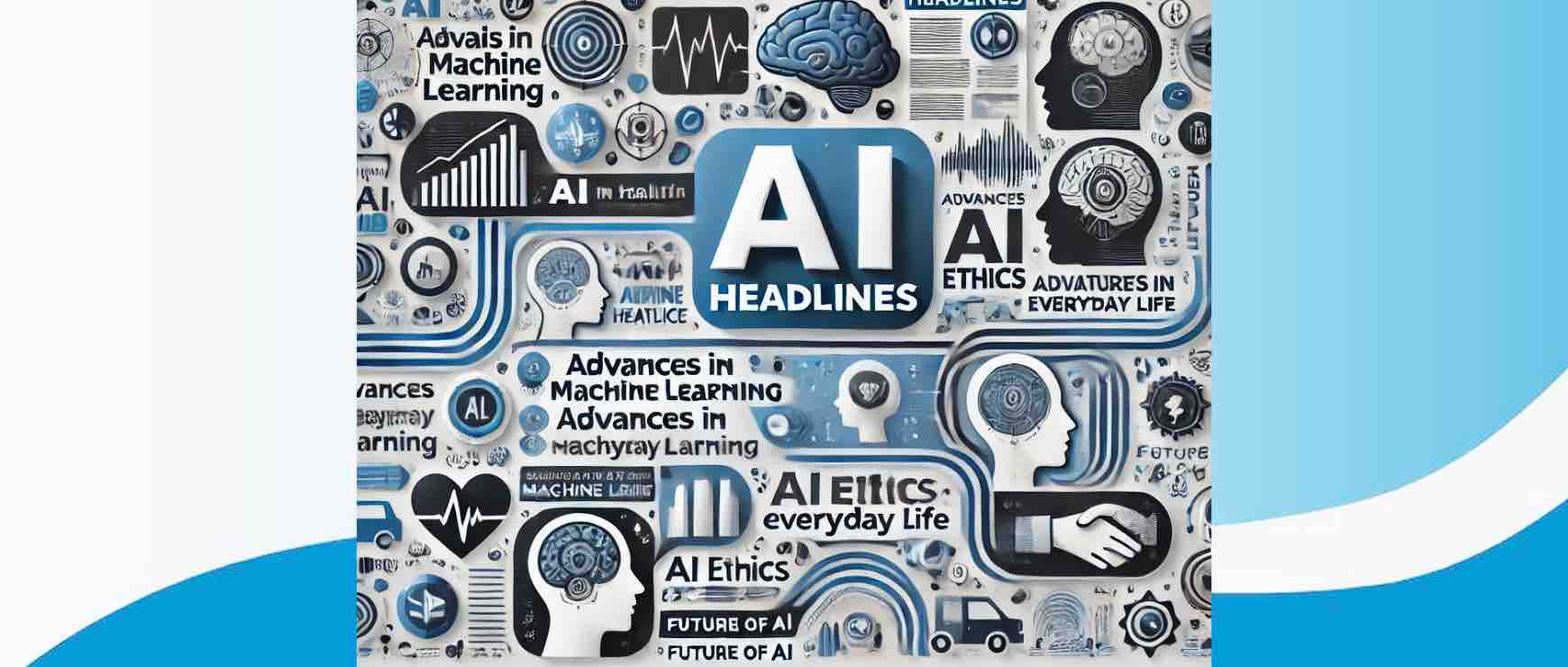By Kevin Hawkins with Korey Hawkins | Vol. 2 Post 31
REAL AI is a human-created weekly roundup of all things AI in real estate and emerging AI innovations in other sectors likely to impact real estate. We post a new edition every Friday, and our free newsletter is delivered to your inbox every Monday.
Will the world’s first major AI law impact real estate?
The European Union’s new Artificial Intelligence Act took effect on August 1, 2024. It is the world’s first significant law that attempts to regulate AI. Despite being a European law, it will likely impact US-based AI companies.
But how could the new AI Act impact US residential real estate?
For background, under the Act, every company using AI is measured by four levels of risk: minimal risk, specific transparency risk, high risk, and unacceptable risk.
There are staggered compliance deadlines, with the first coming in February 2025. Among the AI systems the EU will ban are those it identifies as creating unacceptable risk, including:
- The exploitation of vulnerabilities of persons, manipulation, and use of subliminal techniques;
- Social scoring for public and private purposes;
- Individual predictive policing based solely on profiling people;
- Untargeted scraping of the internet or CCTV for facial images to build up or expand databases;
- Emotion recognition in the workplace and education institutions, unless for medical or safety reasons (i.e., monitoring the tiredness levels of a pilot);
- Biometric categorization of natural persons to deduce or infer their race, political opinions, trade union membership, religious or philosophical beliefs, or sexual orientation. Labeling or filtering of datasets and categorizing data in the field of law enforcement will still be possible;
- Real-time remote biometric identification in publicly accessible spaces by law enforcement, subject to narrow exceptions.
The Act also considers “systemic risks which could arise from general-purpose AI models, including large generative AI models. These can be used for a variety of tasks and are becoming the basis for many AI systems in the EU. Some of these models could carry systemic risks if they are very capable or widely used. For example, powerful models could cause serious accidents or be misused for far-reaching cyberattacks.”
What are the implications for real estate?
The most immediate impacts are related to the tools created by firms that operate globally – such as the social media giants – that real estate agents use to promote their business and generate leads.
Social media platforms: Because they leverage AI, they may face additional scrutiny for the risks they create. Algorithms on platforms like Facebook, Instagram, and X curate content to maximize user engagement. These systems can shape users’ opinions and behaviors by prioritizing certain types of posts. Algorithms that curate social media feeds might be regulated to prevent amplifying harmful content or misinformation. They could be required to include mechanisms for transparency and accountability.
It may be difficult for the social media giants to address these issues solely in the EU and instead make universal system changes to comply.
The longer-term impacts could be how the EU AI Act influences the creation of new US regulations.
One banned AI use stands out:
Social Scoring: The AI Act explicitly prohibits AI systems that score individuals based on their behavior or characteristics in a way that affects their rights or opportunities.
Looking at AI areas used by US real estate agents through the AI Act lens, areas of potential risk include:
Chatbots and virtual assistants: AI chatbots on websites or in apps are sometimes designed to steer conversations that guide users toward specific outcomes, such as making a purchase or signing up for a service, making them candidates for high-risk assessment.
Content Moderation Algorithms: These AI systems might need to adhere to standards, ensuring they do not unfairly suppress or amplify certain viewpoints. Transparency in moderation policies and appeal mechanisms might be required.
Dynamic Pricing Algorithms: While these might not be outright prohibited, they could be subject to regulations ensuring transparency and fairness, particularly if they exploit vulnerable consumers or lead to discriminatory pricing practices.
While it is far too early to know how far-reaching this new EU AI Act will be, it is worth watching how it begins to play out and how leading US-based AI companies react. (-Kevin)
New Tech Trends to Watch Report
A new 33-page report from West Monroe offers three big takeaways with no big surprises:
- Technology is increasingly the foundation of trust with customers, partners, employees, and shareholders – a crucial factor in losing trust.
- As AI evolves, security and governance provide critical guardrails to test, learn, and innovate safely.
- Humanity is, and will always be, an integral part of how businesses leverage technology and create lasting value.
That last one should resonate with real estate agents. Think John Naisbitt’s 1982 book Megatrends, which coined the phrase “high tech, high touch.” His prediction remains spot-on: as technology became more prevalent in society, there would be an increasing need for personal, human connections to complement it.
Multilingual Vimeo, Google + Deepfakes + Taco Bell AI Drive-Thrus
Vimeo just launched a new AI-powered translation tool to add multiple languages, including cloning the voice in the audio and replicating the speakers’ voices.
Google is going after deepfakes: One of the biggest threats to AI innovation comes from deepfakes. Google is using its muscle to address at least one major area of deepfakes by removing explicit deepfakes from search results. Google has a new form to ensure “explicit non-consensual fake imagery” is no longer discoverable in Google search results. Now, if they only expand their effort to include all deepfakes.
And finally, Taco Bell will be rolling out a new AI drive-thru to hundreds of locations by the end of the year. Let’s hope they do a lot better than Mickie D’s. This is a reminder to agents to test any chatbot you add to your website aggressively. (-Kevin)
Ylopo
Ylopo Demo
https://www.youtube.com/watch?v=n1n012bdBeE
Sora AI
Sora Video Samples
https://soravideos.media/video
Productivity.ai
Productivity.ai Demo
https://www.youtube.com/watch?v=SiElxpFgXSI
Adobe Acrobat
Adobe AI Assistant in Acrobat
https://www.youtube.com/watch?v=A_1iOKg-F8A
Apple
Apple Intelligence features at WWDC at 1:07:00
https://www.youtube.com/watch?v=RXeOiIDNNek (-Korey)
Can 3D printing impact affordable housing stock? HUD thinks so | 7/31/24 HousingWire
AI-powered 3D printing may provide relief to the challenge of building affordable homes.
Restb.ai Debuts New Special Report Series | 7/26/24 RISMedia
The visual insights from Restb.ai provide AI insight into the impact of floor plans on selling speed.
Wix’s AI will now write whole blog posts for you | 7/31/24 The Verge
Generative AI tools for WIX websites will leverage Search Engine Optimization (SEO).
OpenAI starts rolling out its Her-like voice mode for ChatGPT | 7/30/24 The Verge
Certain subscribers to ChatGPT Plus are getting a sneak preview of its new advanced voice mode.
Meta scraps failed celebrity AI chatbots after users ignored them, deemed them creepy | 8/1/24 New York Post
This failed experiment shows why AI and celebrities don’t mix. (-Korey)
Subscribe to our free REAL AI newsletter here.
Content suggestions welcomed: email korey@wavgroup.com.








